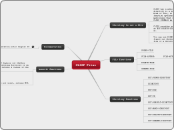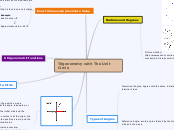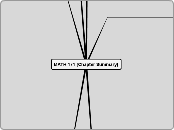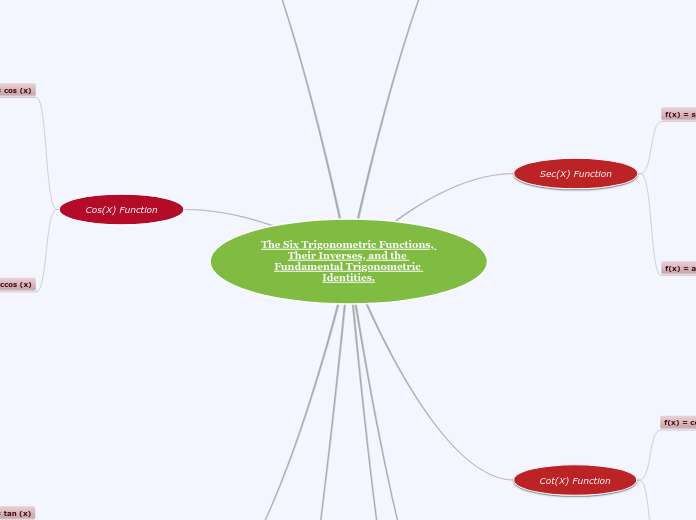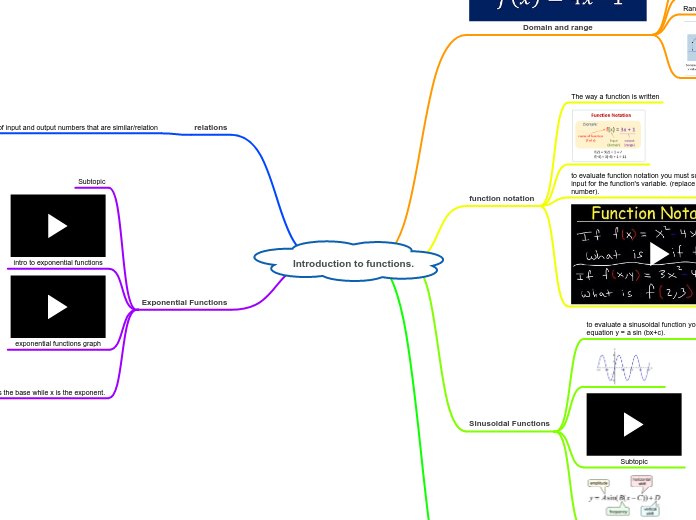realizată de Q. Zero Lee 11 ani în urmă
348
CLISP Files
In the CLISP programming environment, file and directory handling are treated distinctly. The EXT:PROBE-PATHNAME function assesses if a given path points to an existing directory or regular file, returning specific values if found, and NIL otherwise.
